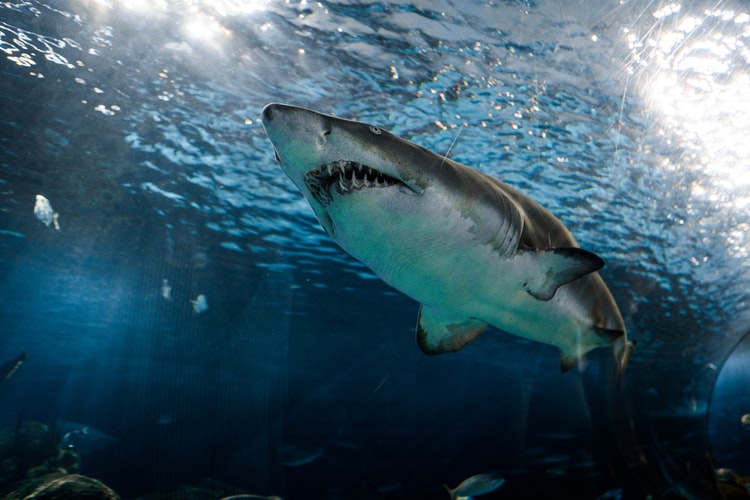There have been many theories trying to explain the ‘disappearance’ of great white sharks off the coast of Cape Town, from the sudden appearance of orcas to unregulated fisheries.
According to Earth.org, Gregg Oelofse, who oversees coastal management for the City of Cape Town, says that the disappearance of great white sharks could be the most dramatic environmental change that he has witnessed in 20 years as a conservation biologist in the area.
“They are such a big part of the environment, of our sense of place and identity here, it would be a tragedy if they never came back,” he says.
Dr Sara Andreotti reflects on how she stood in awe while encountering great white sharks in the coastal waters of Gansbaai on the Western Cape’s Atlantic seaboard, Mail&Guardian reveals. This was merely 11 years ago where Dr Andreotti would observe, at times, around 15 sharks per day.
“My research partner [marine biologist] Mary Rowlinson, is happy when she sees two or three great whites in Gansbaai,” Andreotti says. “It’s very sad.”
Shark specialist and cage-dive operator, Chris Fallows explains that the same void exists in False Bay, Mail&Guardian reports.
“We haven’t seen a great white shark at Seal Island for the last two years — we used to see about 200 different animals every season. The great whites are completely missing.
“We’re seeing the extinction of [great] white sharks along our coastline, and people are not even blinking an eye, but it’s like tigers, elephants or rhinos disappearing off this planet,” he adds.
It’s unclear how many great white sharks are in South Africa due to a lack of reliable data but estimates have ranged between 500 to 900, Earth.org says.
So what has happened to these great white sharks?
It has been suggested that the arrival of orcas in 2015 has contributed to the great white shark decline. As an apex predator that attacks sharks, it’s been said that these orcas have forced great whites out of the area. Carcasses of great whites have also been found with evidence that they were killed by orcas, Earth.org adds.
Research also shows that great whites are not genetically diverse enough to handle new threats like pollution, a disruption of the food chain or the longline fishing boats that have taken significant numbers of fish from False Bay.
Fallows addresses the issue of longlining by saying, “If you stopped the demersal shark longlining then there is every chance they will come back, but not in a hurry. The marine ecosystem has been intact for millions of years and in the space of five we have laid it to waste.”
Picture: Unsplash

